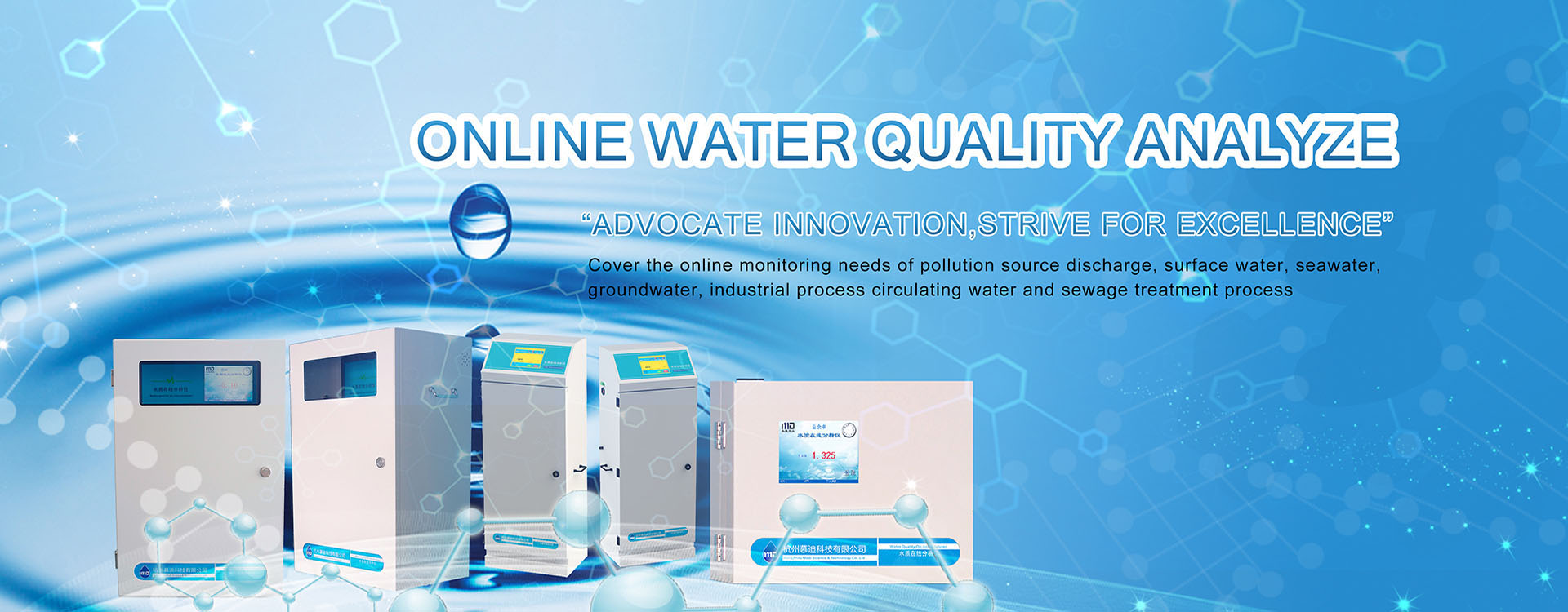The hardness of water is one of the indicators of water quality parameters, which can reflect the sum of the concentration of all metal ions dissolved in water except sodium and potassium ions. Hard water is water with a high concentration of minerals, especially calcium and magnesium. So what is the hardness of water? How to test the hardness of water? This chapter water quality online monitoring instrument manufacturers to understand the relevant issues together with you.
What is the Hardness of Water?
The hardness of water: In general, water has two hardness, temporary hardness and permanent hardness, two hardness together, is the total hardness of water (total hardness).
· Temporary hardness: If we add lime water (i.e., calcium hydroxide, Ca(OH)2) into hard water, or boil the hard water, and the hardness decreases, we say that these reduced hardness is called “temporary hardness”. These methods cause calcium, magnesium, bicarbonate (HCO3−) and other water-hardening materials to escape or precipitate into solid materials.
· Permanent hardness: The hardness caused by sulfate or chloride salts (chlorides) containing calcium ions or magnesium ions is called permanent hardness. Although these hardness cannot be reduced by boiling and lime, they can be reduced by other methods, such as ion exchange.
Change in hardness: If water flows through the lime, the hardness will increase; If it flows through peat, the hardness decreases.
How to Test the Hardness of Water?
To test the hardness of water, it can be tested by the T8000-WH water hardness online analyzer . This product is a maintenance-free online monitor based on years of research on water quality analysis products by Modi-Tech. Suitable for water softening monitoring, reverse osmosis system, filtration and mineral removal process control, widely used in pharmaceutical, steel, semiconductor industries. The pre-treated water sample is injected into a special reactor by an injection pump for pre-treatment of the water sample. After the reaction, the water sample is detected by highly selective synthetic substances and special sensors, which have a linear relationship with the hardness of the water signal. According to the degree of electrical change, the hardness of the water sample can be calculated.




